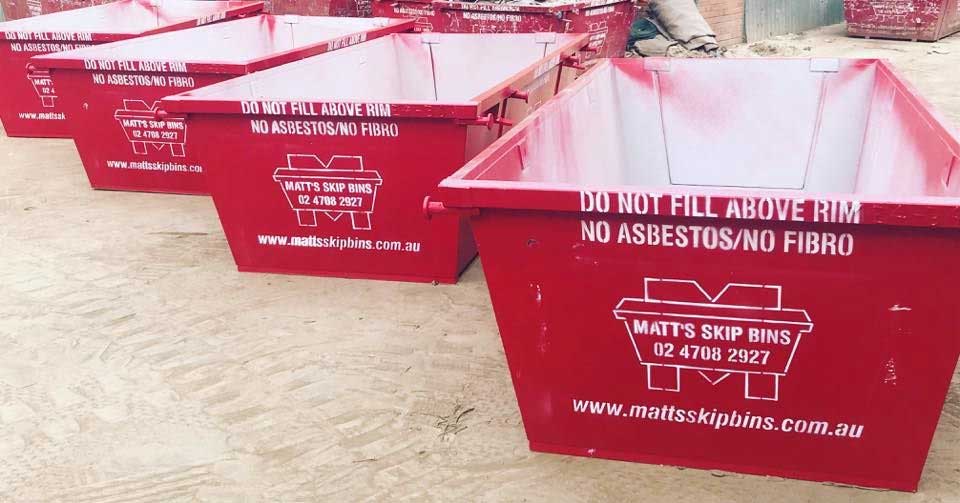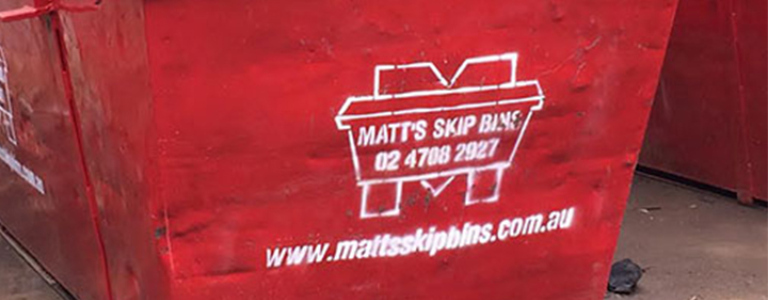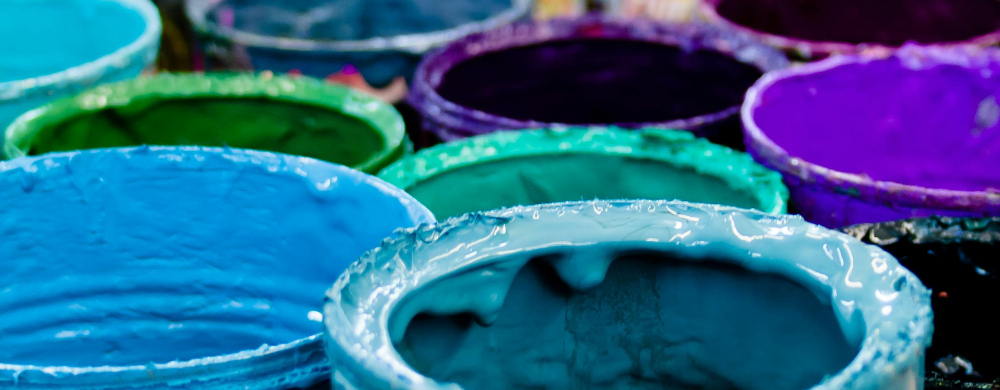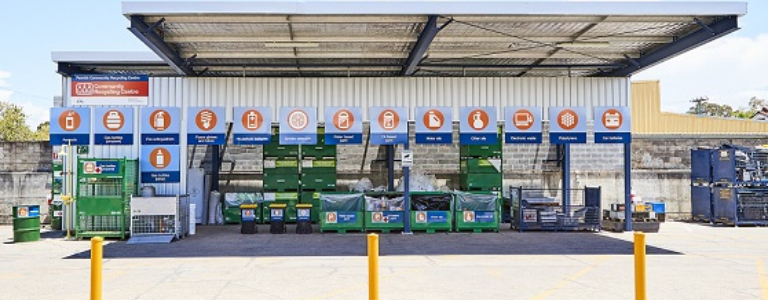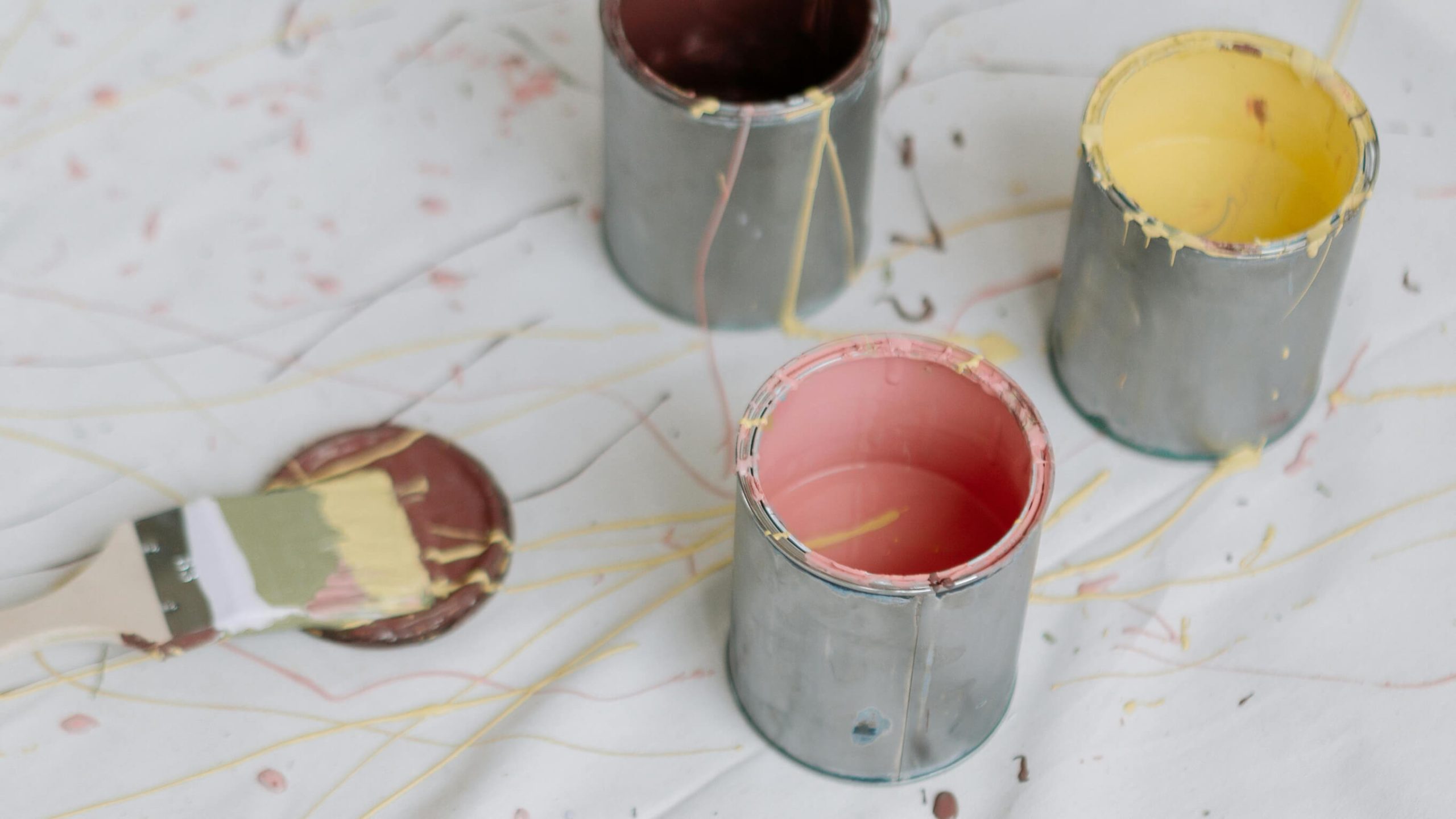
02 May • 4 min Read
If you have leftover household chemicals at home – including paints, solvents, pesticides and even cleaning products – you must dispose of them safely.
When it comes to disposing of old paint and other liquid waste, knowing the correct procedures is crucial for environmental protection and ensuring the safety of others. Here’s a guide on how to dispose of paint responsibly and why throwing it into your council or a skip bin hire is not the answer.
Understanding Household Chemicals
Household chemicals can include a variety of products that you might not immediately recognise as hazardous. These include:
- Paints and solvents
- Pesticides and herbicides
- Cleaning products and detergents
- Motor oils and fuels
- Pool chemicals
These products should never be discarded in your household bins or thrown into a skip bin as they require special disposal methods to prevent harm to the environment and human health.
Proper Disposal Methods For Paints
Before disposing of paint specifically, here are some things to know:
Water-Based Paints
- Recycling: Check if your local council or waste management facility accepts water-based paints for recycling.
- Drying Out: If recycling isn’t an option, dry out the paint before disposal. You can leave the can open in a well-ventilated area or use a paint hardener or cat litter to speed up the process. Once dried, it can be disposed of in your regular trash.
Oil-Based Paints
- Hazardous Waste Disposal: Oil-based paints should be taken to a hazardous waste disposal facility due to their toxic nature.
- Never Pour Down Drains or into Ground: Doing so can contaminate water sources and soil.
Other Suggestions & Preventative Measures
- Buy Only What You Need: Calculate how much paint you’ll need for a project to avoid excess.
- Store Properly for Future Use: Seal the can tightly and store it in a cool, dry place to prolong its life.
- Donate Unused Paint: Consider donating unused paint to community centres, local theatres, or schools.
- Community Recycling Programs: Participate in local paint recycling programs to ensure that leftover paint is used constructively.
- Creative Reuse: Use leftover paint for smaller projects, or mix paints to create new colors for art projects.
Whatever you do, DO NOT throw these hazardous chemicals into your council bin or a skip bin. At Matt’s Skip Bins, we can collect many other waste types including construction and home renovation waste. Check out our bin types and bin sizes.
NSW Household Chemical CleanOut Program
One of the most effective ways to dispose of household chemicals is through community collection programs. In New South Wales, the Household Chemical CleanOut program offers a free, government-supported service to help residents dispose of their hazardous waste safely. Here is a summary of the steps:
1. Find a Drop-off Event: Check the Household Chemical CleanOut website or call the NSW Environment Line at 131 555 to find a drop-off location and date that suits you.
2. Prepare for Drop-off: Transport your chemicals in the boot of your car or trailer, ensuring they are tightly sealed and clearly labelled. Avoid mixing different chemicals. If the contents are unknown, label them as ‘unknown chemical’.
3. At the Drop-off Site: Stay in your vehicle; an attendant will come and assist you. There’s a separate area for those who are walking or riding.
4. Discuss Large Quantities: If you have large quantities or are a building manager, contact the program administrators in advance to discuss your specific needs.
There are very strict rules about what is accepted and what is not, it is best to ring ahead if you are unsure, but here is a quick list based on the information listed on their website:
Accepted: Solvents, household cleaners, paints, thinners, pesticides, poisons, pool chemicals, motor oils, acids, alkalis, batteries, gas bottles, fire extinguishers, fluorescent lamps, smoke alarms, nail polish, cooking oils, and more.
Prohibited: Commercial quantities, electronics, textiles, furniture, white goods, and other non-chemical household items.
It’s important to assess what you can bring to a drop-off event. Ensure that you adhere to the guidelines regarding acceptable items and quantities (typically 20kg or 20L per item, with up to 100L of paint accepted).
Recycling and Disposal Process At NSW Community Recycling Centres
After collection, chemicals are either recycled or safely disposed of, here is what happens more specifically in case you are interested:
- Paints: Mixed with solvents and used in manufacturing cement; metal tins are recycled.
- Gas Cylinders: The remaining gas is extracted, and the metal is recycled. Reusable cylinders are returned to the market.
- Batteries: Components such as lead, acid, and plastic are recovered and recycled.
- Fluorescent Tubes: Mercury is extracted from crushed tubes, and the remaining glass and metal are recycled.
Proper disposal of liquid waste ensures harmful chemicals do not leach into the environment, promoting a healthier planet. By following these guidelines, you are also ensuring that your hazardous household chemicals are disposed of responsibly, contributing to the overall safety of the community. Remember to check local resources for the most up-to-date information on chemical disposal in your area.
At Matt’s Skip Bins, we are equipped to handle a variety of other waste types, including construction debris and home renovation waste. Contact us today to discuss your waste disposal and skip bin hire needs, we can help you ensure that your waste is handled and disposed of responsibly.

